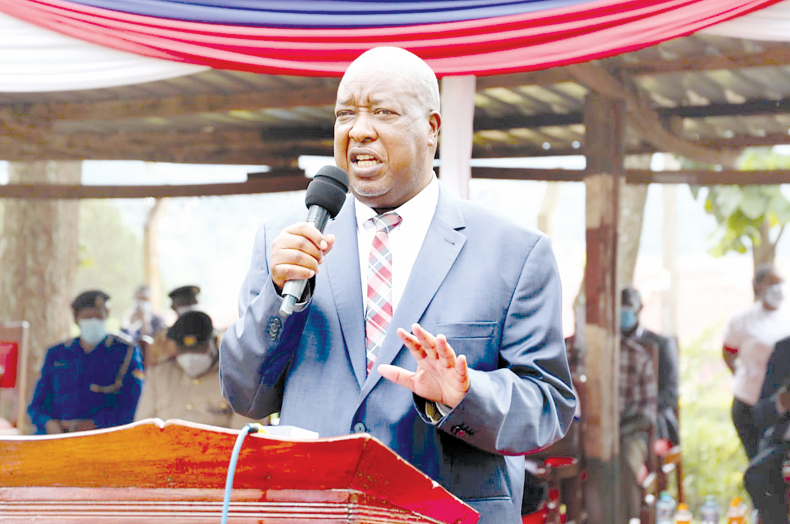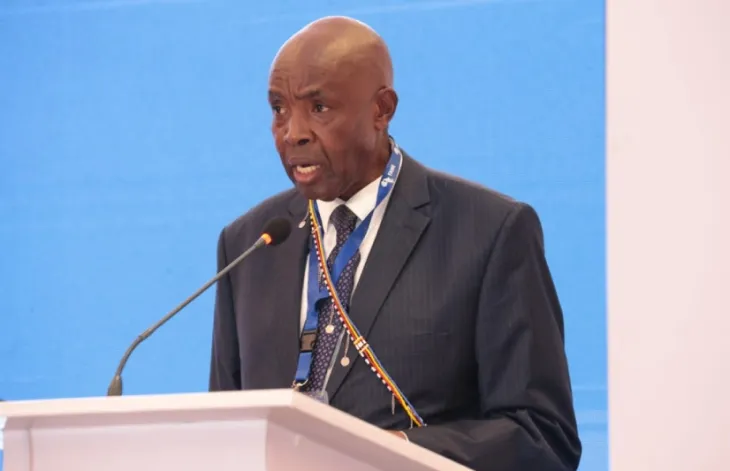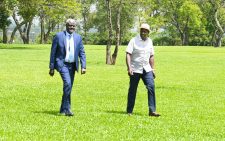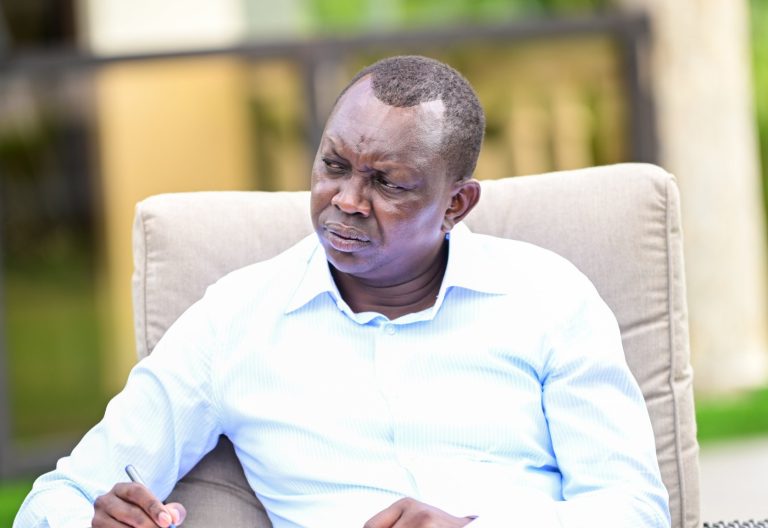State accused of endangering lives vide forced quarantines
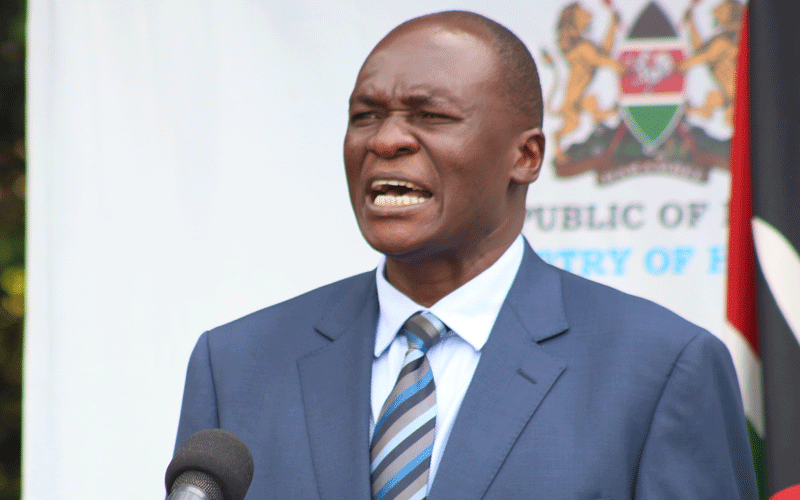
Barry Sila, Alvin Mwangi and Monica Kagia
The government was yesterday fighting back accusations of endangering Kenyans’ lives by locking up people arrested for contravening coronavirus rules in quarantine centres and exposing them to the disease.
Persons who have been confined in the centres complained of deplorable living conditions as a result of mismanagement, raising fears that the centres could become the weakest link in the fight against Covid-19.
Other than wanting conditions, which are exposing those arrested for flouting curfew and social gathering protocols to possible infection, victims are protesting high quarantine costs even as it emerged that police had turned the centres into detention camps for people who fail to bribe them after arrest.
From poor, shared washrooms and congested beds, mostly at the Kenya Medical Training Colleges (KMTC) across the country, the conditions defeat the purpose of isolation and social distancing.
The fear that quarantine centres could lead to further spread of the disease has attracted the attention of the Ministry of Health which yesterday announced it was rethinking the quarantine strategy.
“The assumption is that those who break the curfew are treated as special cases for us but we are not at all intent on criminalising cases.
We have tried to improve our facilities of quarantine in terms of hygiene and so there will be changes,” acting Director General Patrick Amoth said yesterday.
Hundreds of people found drinking in closed bars, moving around past curfew hours as well as those found without masks have been arrested, with the latest case being that of 30 tipsy youths found taking selfies in Nakuru county .
They were quarantined at the local KTMC facility. Another case involves 39 women who were on Sunday arrested in Nasra area of Komarock estate, Nairobi, while attending a friend’s wedding ceremony.
They have been isolated for 14 days at their own cost at KMTC, Nairobi.
But of great concern is the police cruelty which has turned what was mainly a public health campaign into a criminal clampdown and avenue for extortion.
Yesterday, Health Chief Administrative Secretary Dr. Mercy Mwangangi urged police to be reasonable while enforcing the health protocols to ensure they do not put Kenyans’ lives at risk.
“I want to appeal to our security personnel and those charged with law enforcement responsibility, as well as our healthcare workers to exercise great caution and high level of understanding, when dealing with those in quarantine facilities.
We must work very hard to ensure that we do not lose any lives as a result of this pandemic,” said Mwangangi.
Alleged police brutality and the manner in which arrested people are being handled in the quarantine centres has already attracted a law suit.
Muslims for Human Rights (Muhuri) has sued Health Cabinet secretary Mutahi Kagwe, Inspector General of Police Hilary Mutyambai and the Attorney General, seeking orders to stop forced quarantine and use of force by law enforcement agents.
Arbitrary arrests
The NGO wants the court to stop security and law enforcement agencies from carrying out arbitrary arrests or arbitrary and unjustified mandatory quarantine of persons not suspected of being suffering from or being carriers of Covid-19.
The case of gospel singer Eko Dydda who was arrested while looking for medicine for his sick wife, illustrates the agony and the grave danger those arrested and thrown into the unsanitised and crowded facilities are being exposed to.
“It was around my neighbourhood in Utawala but unfortunately I had an issue with my car and by that time around 10 minutes to close of curfew, I was carted away by police. I was taken to Kilimani police station,” said the musician.
The following day, after a tiff with the police over Sh10,000 bond, which he had paid, he was put forced into quarantine at KMTC next to Kenyatta National Hospital where he interacted with other people who had been rounded up from Nairobi estates, placing him in danger of contracting the flu.
He was, however, freed from the quarantine facility, where a group scaled up the perimeter wall and escaped to run away from the high cost and poor conditions, despite parting with Sh2,000 daily.
Kenya National Union of Nurses official Seth Panyako said yesterday that the manner in which the quarantine directive is implemented poses a threat and could aid in spreading the disease.
“The way our government is handling this disease is something we as medics never expected. Our police officers don’t have any mandate to take people to quarantine, the Public Health Act has outlined clearly who should perform that duty,” Panyako told People Daily.
Demus Kiprono, the campaign manager, safety and dignity at Amnesty International, termed the government’s attitude towards persons caught flouting the curfew as not only illegal but also an abuse of human rights since other than poor living conditions, police have been engaging in extortion.
“The directive to detain people without a day in court is an unconstitutional and abuse to human rights,” said Kiprono.
Haki Africa’s executive director, Hussein Khalid, said the NGO was concerned about the state of quarantine facilities which he described as below par and weak in containing the disease.
